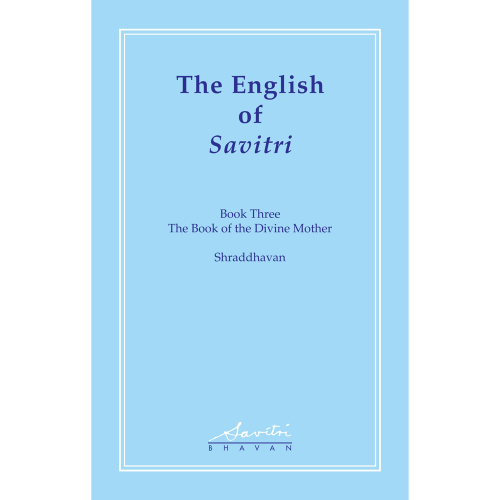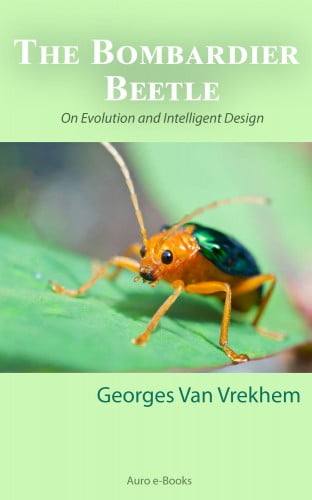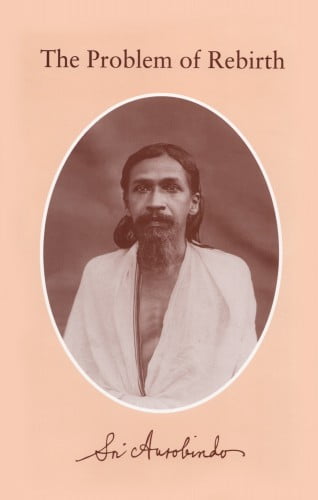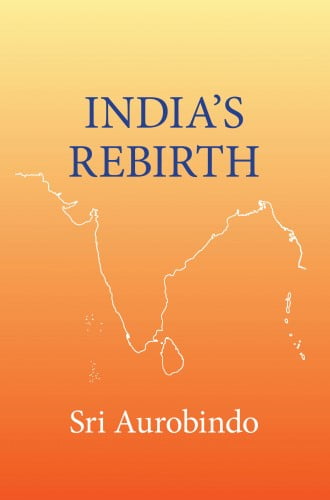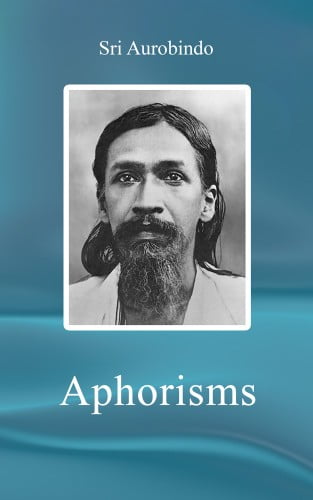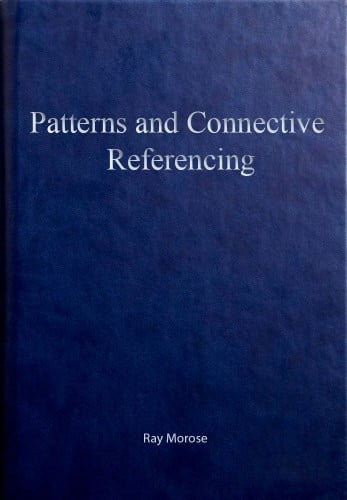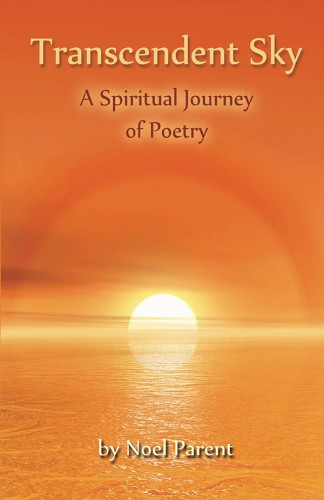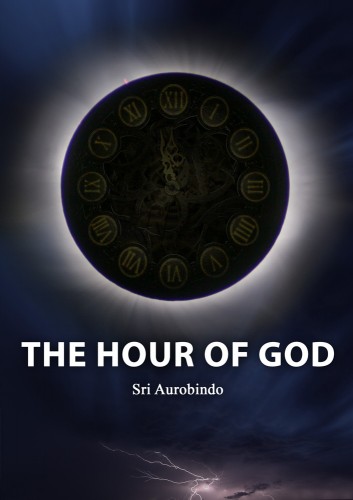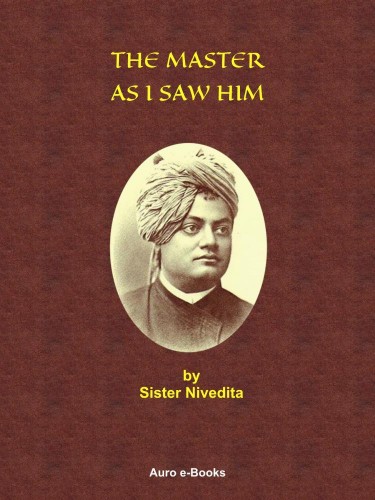
The Problem of Rebirth
In The Problem of Rebirth, Sri Aurobindo assesses the central arguments surrounding the concept of rebirth. He suggests that rebirth is a vehicle conveying the soul forward in its aeonic evolution towards self-knowledge and self-mastery. Evolution through the process of rebirth enables the soul’s indomitable effort through Time; karma engineers its spiritual education. Once seen, the process of karma, the law of consequence, takes a central place among the issues of life: “This evolution is not possible if there is not a connected sequence from life to life, a result of action and experience, an evolutionary consequence to the soul, a law of Karma. ” We have all had occasion to question providence; to ask “why do the good suffer, why do the evil prosper”. Such fundamental questions of life take on a new significance when viewed with an understanding of The Problem of Rebirth.
The true foundation of the theory of rebirth is the evolution of the soul, or rather its efflorescence out of the veil of Matter and its gradual self-finding. Buddhism contained this truth involved in its theory of Karma and emergence out of Karma but failed to bring it to light; Hinduism knew it of old, but afterwards missed the right balance of its expression. Now we are again able to restate the ancient truth in a new language and this is already being done by certain schools of thought, though still the old incrustations tend to tack themselves on to the deeper wisdom. And if this gradual efflorescence be true, then the theory of rebirth is an intellectual necessity, a logically unavoidable corollary. But what is the aim of that evolution? Not conventional or interested virtue and the faultless counting out of the small coin of good in the hope of an apportioned material reward, but the continual growth towards a divine knowledge, strength, love and purity.
Read more
